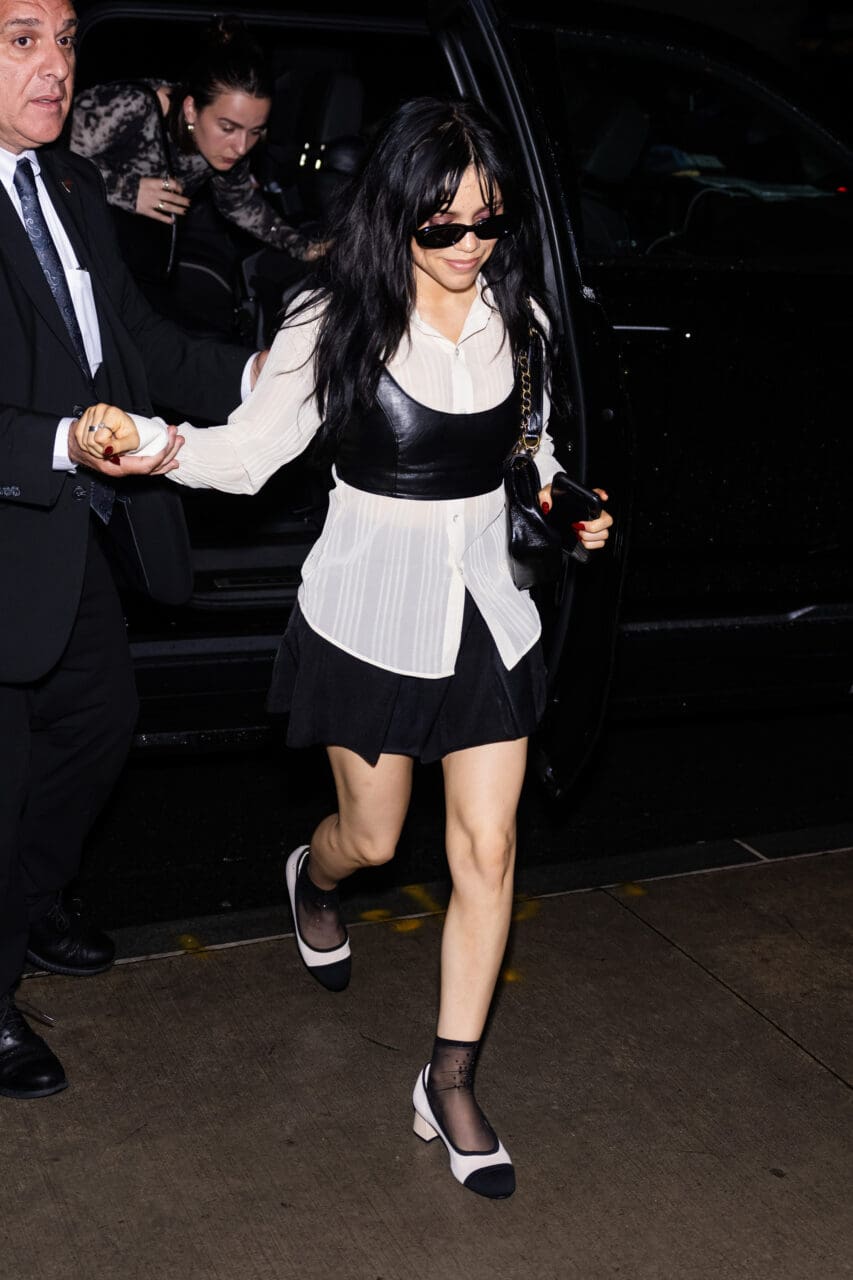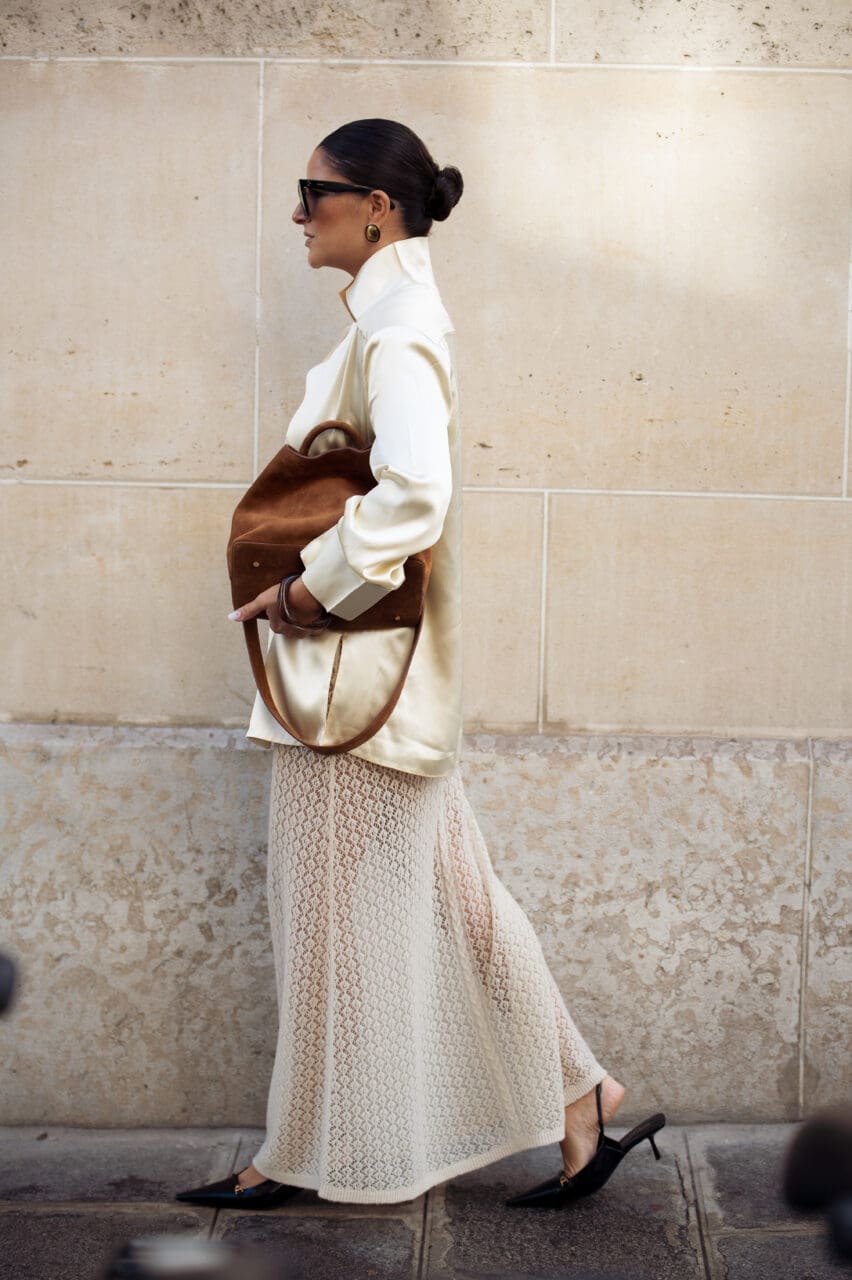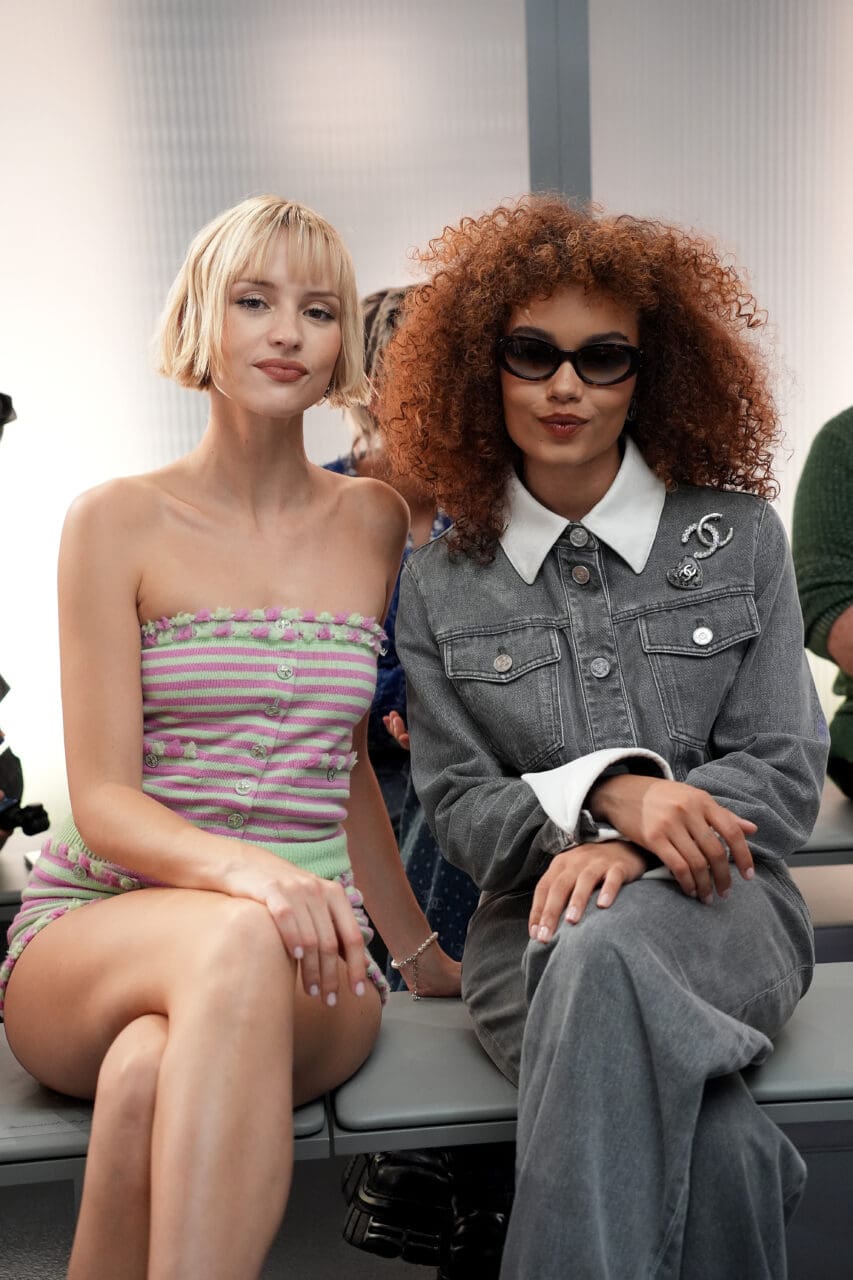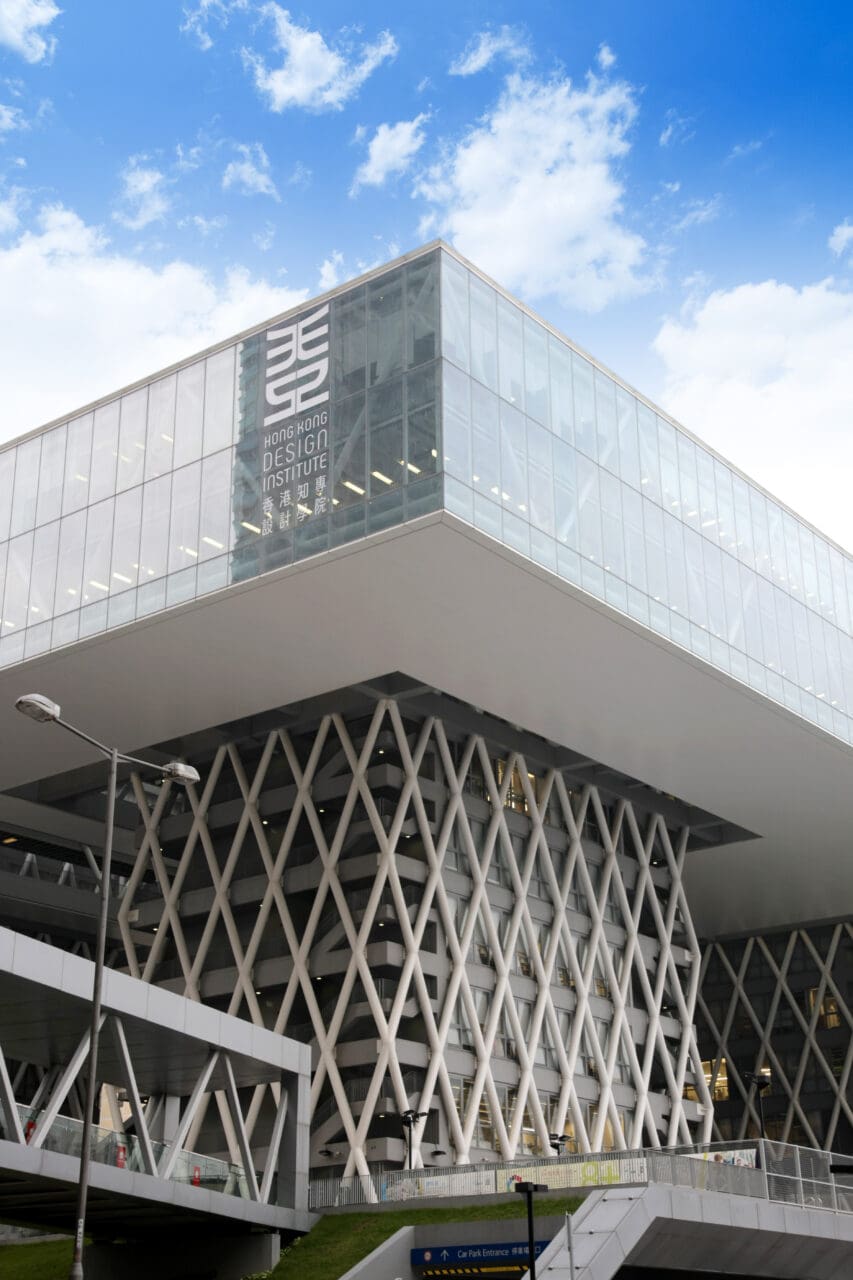Each year, the fashion industry is estimated to generate 92 million tons of textile waste, causing unprecedented harm to the environment. But fashion is on a trajectory to come clean, with established brands giving more transparency to their production processes, and an increasing number of emerging designers focusing on sustainable design and manufacturing techniques. Sustainable shopping has extended to the luxury sect, with brands, from fashion and beauty to homeware, offering high-end products that are also environmentally-conscious, helping ever-smarter style-savvy consumers invest in ethical fashion. Below are Vogue’s five favourite initiatives helping Hong Kong shoppers make more sustainable choices.
Redress and The R Collective
British entrepreneur Dr Christina Dean founded Hong Kong NGO Redress in 2007 to combat textile waste in the fashion industry. The idea was to promote a circular economy by reclaiming and redistributing textile waste to emerging sustainable designers, and hosting pop-up shops selling second hand clothes. “I was working as a journalist and writing a lot about the environment and human rights. I did so much research and asked so many questions and realised no-one was doing anything about it,” says Christina. The charity launched The EcoChic Design Award in 2011, a sustainable fashion design competition for emerging designers in Hong Kong, which later expanded to the rest of Asia and Europe, making it the largest sustainable design competition in the world. Its alumni include the likes of Kevin Germanier and Wen Pan. It made sense, then, that Christina’s next move was to launch The R Collective, an upcycled fashion brand selling clothing created by reused waste materials collected by Redress, that, in turn, raises funds back for Redress. “I genuinely believe fashion is a beautiful thing,” says Christina, “and I think that when someone engages in the ethics, beauty and creativity of fashion, it becomes a lot more fun.”
NET SUSTAIN
This summer, NET-A-PORTER launched NET SUSTAIN, a platform that allows customers to discover and shop a trusted edit of sustainable brands. “The want and need for sustainability within the luxury sphere is becoming more and more apparent, from the rise in popularity for brands such as Veja, to the continued success and demand of sustainability champion Stella McCartney,” says Elizabeth von der Goltz, Global Buying Director at NET-A-PORTER. “Sustainability is not a trend, it’s a permanent mindset that is here to stay and, as a globally recognised leader in luxury fashion, we believe it is our duty to leverage change.” Currently, the site stocks exclusive capsule collections from Stella McCartney, Mother of Pearl x BBC Earth and Maggie Marilyn, alongside brands Ninety Percent, Fisch, Lem Lem, Peony, Veja, Hereu, Nannacay, and Chopard. NET SUSTAIN extends into the beauty sphere next year. “Our aim is to give a voice to the brands that are truly making positive changes by providing them with a platform to highlight their best practice,” says Elizabeth.
Vestiaire Collective
Global resale platform Vestiaire Collective launched in Hong Kong last year, making buying and selling second hand authenticated designer fashion that much more accessible (shop ‘Ready to Ship’ to receive your purchase within days). “We were fearful of the fact that Asia is not yet as penetrated with second hand fashion as Europe or the US, but we knew it was all about education, and I’m positively surprised at how open people here are to buy and sell,” says Vestiaire Collective’s Hong Kong-based co-founder Fanny Moizant. “I think it’s because Hong Kong is a polluted city and people are really facing the environmental message here and trying to find solutions. They’re also shopaholics! And the passion for luxury is through the roof, even compared to London and Paris.” The platform champions the idea of circular fashion by extending the lifespan of clothing through resale. “On average, the lifetime of one product is 3.3 years. If you extend that lifetime by just 9 months, you will save 30% of your footprint,” says Fanny, who lives with a “very edited” personal wardrobe. “I rotate everything – one in and one out. I have just bought a pair of sneakers but, beforehand, I sold two pieces from my wardrobe that I know I’m no longer wearing. I’m pretty harsh but I hate seeing pieces hanging there that are never being worn and being a waste in terms of space and money.” For those not so disciplined, Vestiaire Collective has a team of personal stylists that will come and assist in a wardrobe edit, filtering out unwanted clothes in good condition to be sold on the platform.
Slowood
“Somewhere slow” states the website of this Kennedy Town emporium, a breath of fresh air in the world of retail, that’s really upping the sustainable stakes in Hong Kong. The glass-fronted, wooden-interior store sells beautiful sustainable homeware and beauty products, as well as “refill” groceries, that can be purchased in the shoppers’ own containers. Founded by Hongkongers Dora Lam and Chen Kai-ping, who split their time between the natures of Lantau and New Zealand, the concept was inspired by a small local grocery store in New Zealand that provides products to purchase in bulk, and with your own container. “It promotes awareness in sustainability by reducing waste and supporting local producers,” say Dora and Chen, who also noted that the lack of packaging and marketing makes sustainable shopping more affordable and therefore more accessible to the consumer. “Rather than just sit and wait for it to happen in Hong Kong, we decided to create Slowood, a space that includes all aspects of sustainable living. In Slowood, like our name, we learn and grow together in an eco conscious lifestyle,” the pair say. As well as having a positive effect on the environment, Dora and Chen also hope that their community of shoppers will benefit from a more balanced lifestyle. “Hong Kong is a very fast and vibrant city, and we hope to provide a space that allows people to slow down and re-balance their lifestyle.”
The Hula
Founded by former lingerie designer Sarah Fung, Hula is a Hong Kong-based website and showroom selling an edit of pre-owned authenticated designer clothing and accessories at up to a 95% discount off the retail price. “I suddenly realised how much waste there was in the industry. Plus, I knew there would be a whole load of amazing products to unlock in my friends’ wardrobes,” says Sarah of setting up the business back in 2016. “My past experience as a designer made me appreciate the efforts that go into designing, producing and marketing a collection, so I wanted to make it HULA’s mission to extend the life of these well-crafted pieces.” In March this year, the brand launched its first permanent retail space, in a Wong Chuk Hang warehouse, to allow customers a physical shopping experience. The shop stocks around 750 big-name brands, from Celine, Chanel and Chloé to Fendi, Gucci, and Hèrmes, with a minimum of 5% of Hula’s profits donated to partnered charities. “I am happy Hongkongers are waking up and starting to make sustainable shopping choices,” says Sarah.
Editor
Alice Riley-Smith









